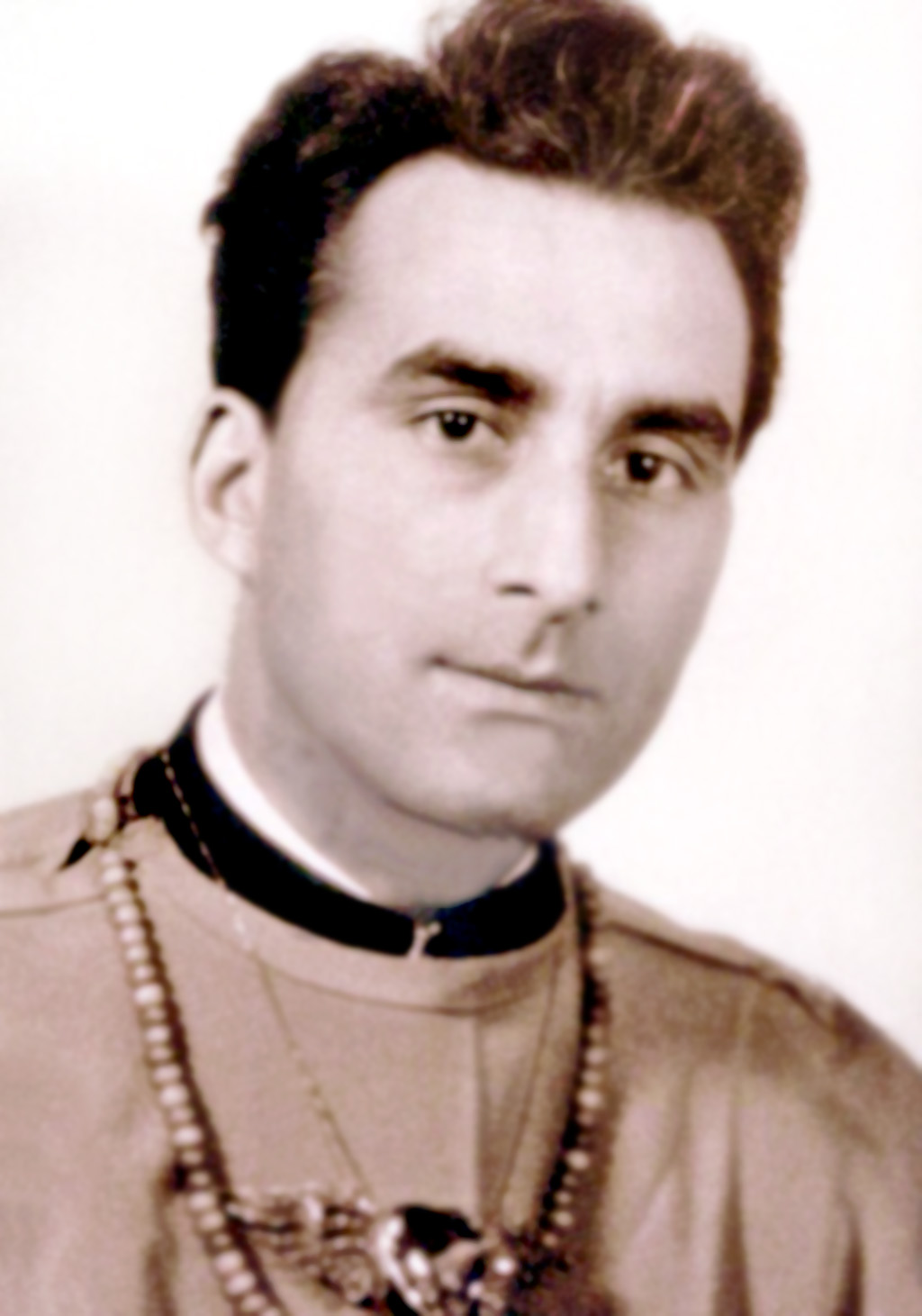
Pir Vilayat's Obituary from the Telegraph
(This is the actual obituary for Pir Vilayat from The Telegraph, a newspaper in the United Kindgdom. It was published on June 24, 2004. Inaccuracies in the original have not been corrected. )

Pir Vilayat Inayat Khan, who died on June 17 aged 87, led the International Order of Sufis, a western offshoot of the mystical form of Islam.
Sufism originated in the ninth century as an ascetic movement within Sunni Islam opposed to the formal, legalistic theology that was being developed at the time. Sufism, whose best-known adherents are the "Whirling Dervishes" of Turkey, gives prime importance to the development of an individual's "oneness with God", achieved through meditation and other spiritual practices, including poetry, music, ritual chanting and dance.
The Sufis have traditionally borrowed elements from other religions, notably Buddhism, Hinduism and Zoroastrianism, and reached its peak during the Mogul and Ottoman empires, but lost influence in the 20th century - at least in the Islamic world - following the revival of more fundamentalist and puritanical versions of Islam.
Its spirituality and universal message of "love, harmony and beauty", however, proved to have a strong appeal in the West, where Pir Vilyat's father, the Indian Sufi mystic and musician Hazrat Inayat Khan, arrived from the Punjab in 1910. A descendant of an ancient family of Sufi saints, zamindars (feudal landowners), poets and musicians, Hazrat Inayat Khan founded the Sufi Order in 1910, the Sufi Movement in 1916 in London and the International Sufi Movement in Geneva in 1922.
Instead of emphasising the Islamic origins of Sufism, he encouraged followers to practise their own religions as they explored Sufi mysticism, demonstrating an open-mindedness towards other faiths, illustrated by his marriage to Pir Vilyat's American mother, Ora Ray Baker, a cousin of Mary Baker Eddy, the founder of the Christian Science movement.
Vilayat Inayat Khan, their eldest son, was born in London on June 19 1916 and spent most of his early years in England and France. He graduated from Paris University with a degree in Psychology, studied philosophy at Oxford University and musical composition and the cello at the Ecole Normale de Musique de Paris, studying under Nadia Boulanger.
During the Second World War, he served in the Royal Navy on a minesweeper. The ship was torpedoed during the D-Day invasion, and Vilayat was one of the few rescued.
His sister Noor, meanwhile, served in occupied France as a radio operator for the Buckmaster network. Codenamed "Madeleine", she provided a vital link between the British War Office and the French Resistance, and was the last radio operator on the Continent during the critical moments before the D-Day landings. Betrayed for money by a friend, she was arrested by the Gestapo and eventually taken to Dachau, where she was tortured and killed. She was posthumously awarded the George Cross and the French Croix de Guerre.
Her brother later admitted that he had experienced difficulty forgiving - as Sufi teaching required - both the Frenchwoman who had betrayed his sister and the Nazi officers who had tortured her, until he recalled the words of Christ, "They know not what they do."
After the war, he worked for a time as a journalist and, during the 1950s, reported on French atrocities in Algeria. His father had died before the war, and, as his designated successor, Vilayat pursued his spiritual training in Sufi, Hindu, Buddhist, Judaeo-Christian and Islamic traditions. He travelled to India where he underwent rigorous training in meditation. Confirmed as a "Pir" (master) in Ajmer, India, he formally assumed his duties as head of the International Order of Sufis in 1956.
Pir Vilayat built on his father's legacy by updating practices and meditation techniques in the light of new developments in religious practice and discoveries in psychology and science. He travelled extensively in America, Europe, India, and Japan, teaching meditation, lecturing, writing, and holding seminars and retreats. From 1965, he hosted an annual Congress of Religions in or near Paris to promote interfaith understanding and, every summer, held camps in the Swiss Alps and in America. He was the author of several books, the most recent being Awakening: A Sufi Experience, published in 1999.
Pir Vilayat Inayat Khan is survived by his wife, Mary, and by a daughter and two sons, of whom the eldest, Pir Zia Inayat Khan, has been designated his father's successor.